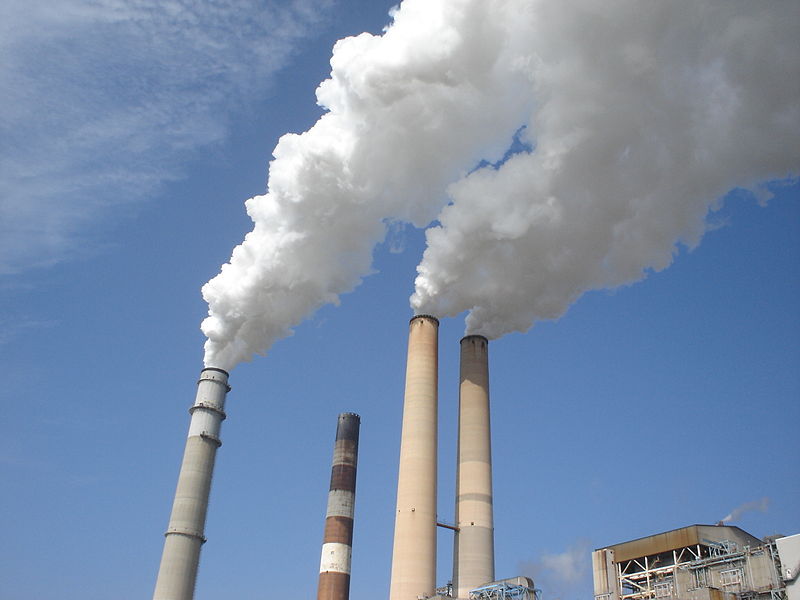A fee that has to be paid by a person, a company or a nation emitting CO2.
When fossil fuel is burned, CO2 is released into the atmosphere. This process has a potential cost, not only for the people who release it, but for everybody. The idea of a carbon tax is to make it more expensive to use fossil fuel, both to directly reduce the use to mitigate global warming and to finance adaptation to global warming. In this way some of the costs that the use of fossil fuel puts on everybody can be paid by the actual user of fossil fuel.
Because renewable energy does not emit greenhouse gases, sources of renewable energy will not be taxed. This will give renewable energy an advantage and lead to more widespread use of these technologies.
The Stern Review has looked into the carbon tax as a way to regulate the economics of global warming.
A carbon tax will work most effectively if it applies to all nations. Other methods to regulate the economics of global warming are said to be more effective, because they allow for the market to find the places where a reduction in emission gives the smallest cost to society. This kind of regulation is called emission trading.
